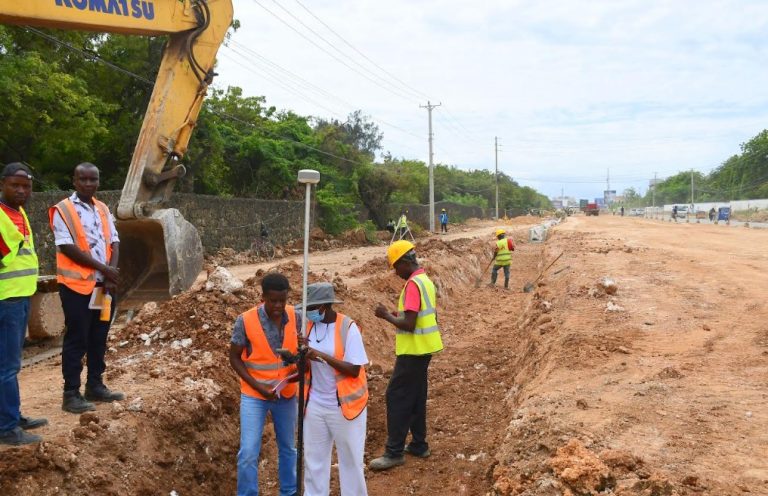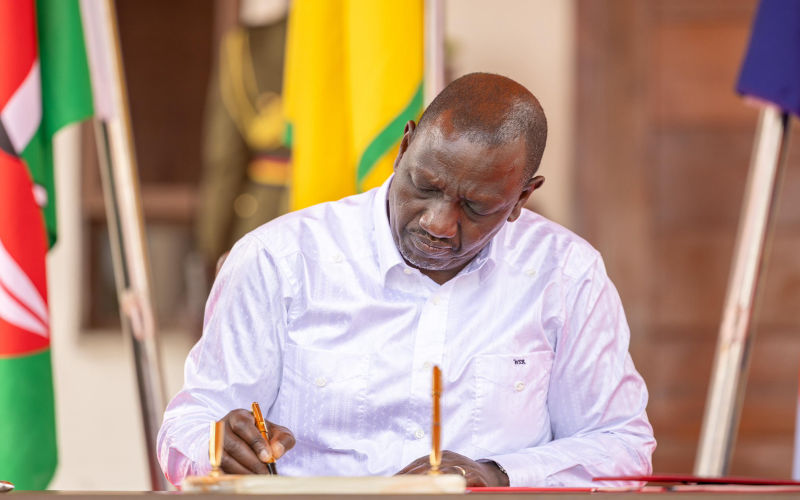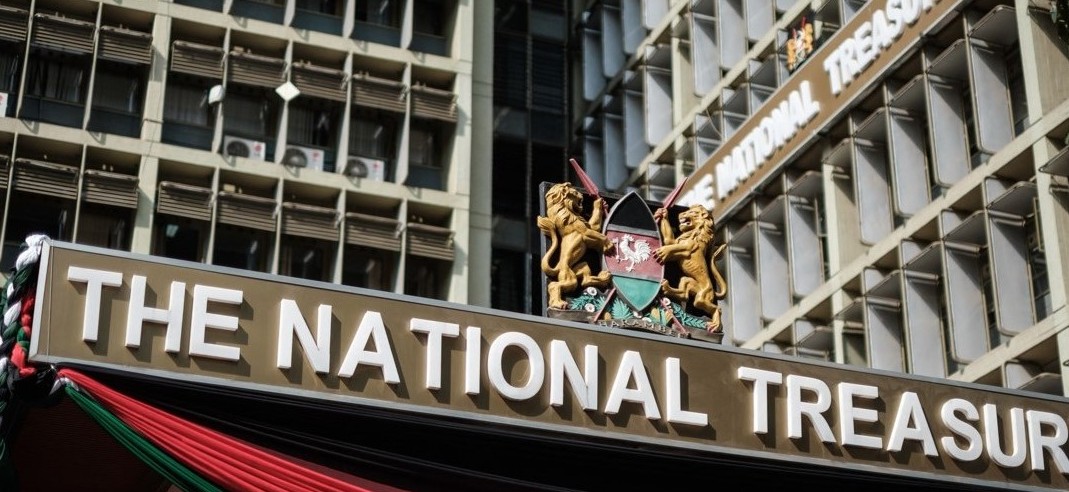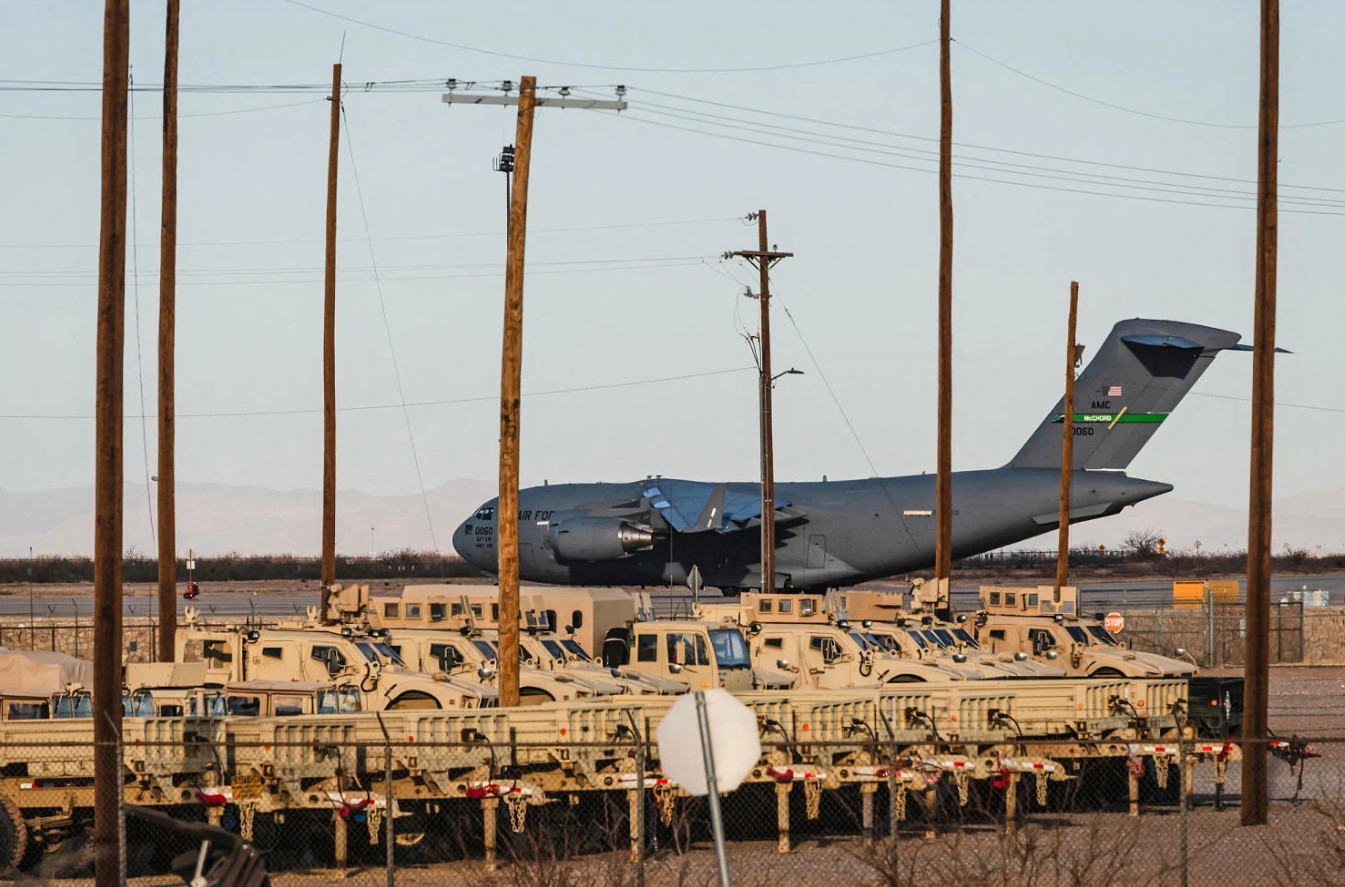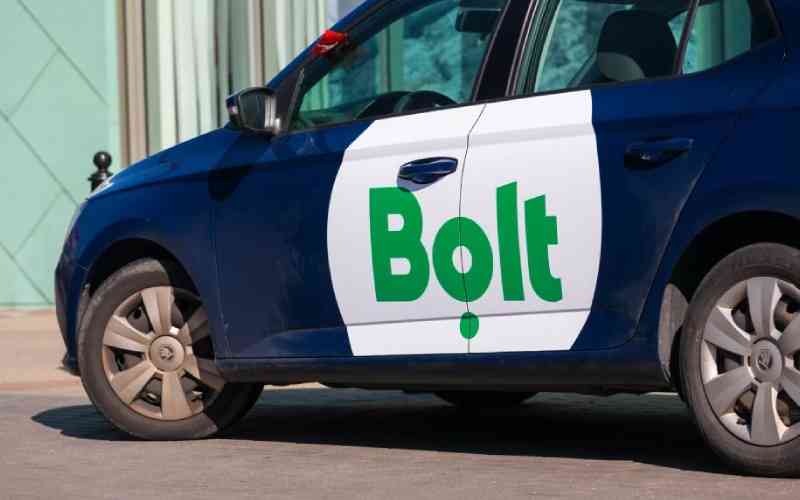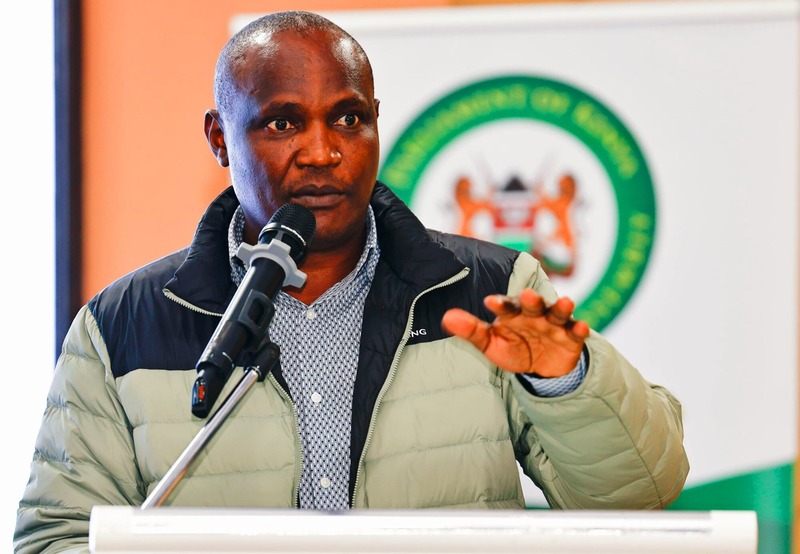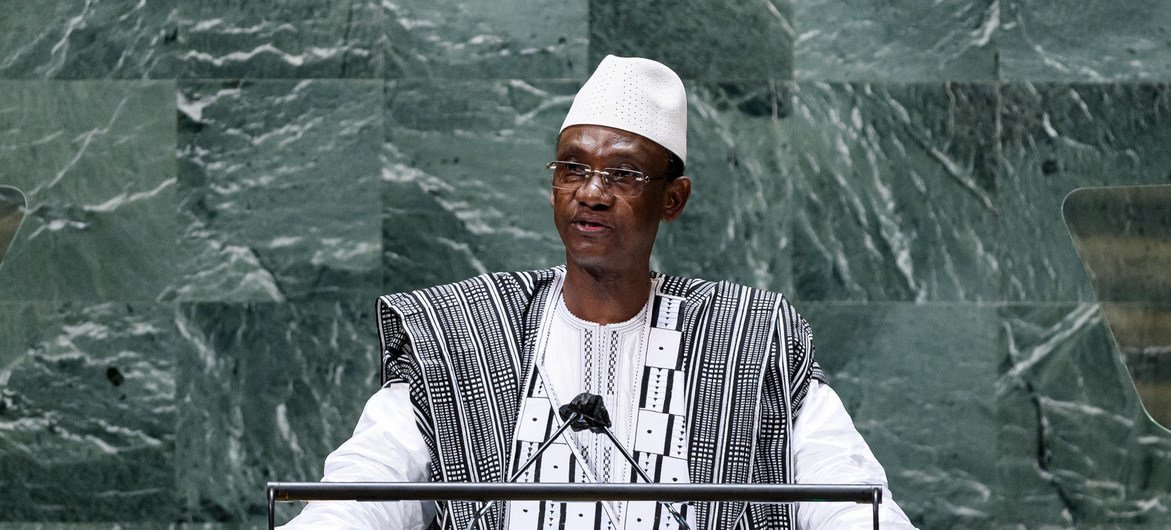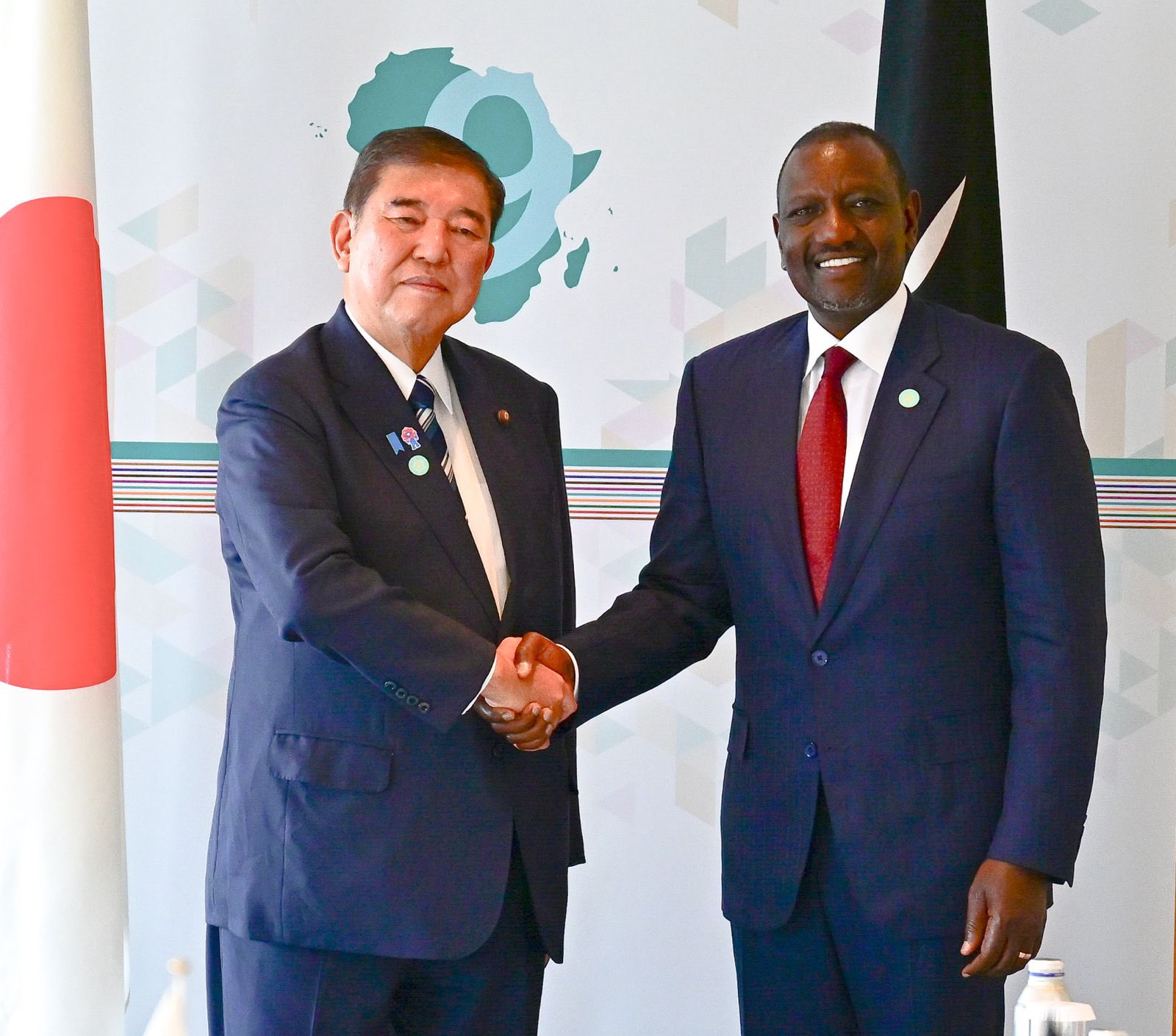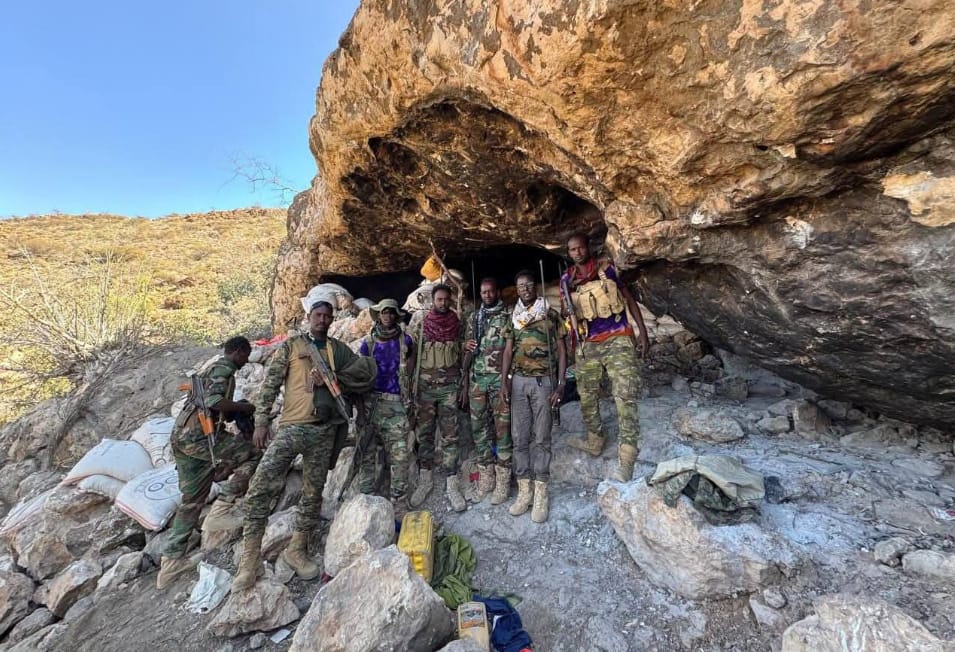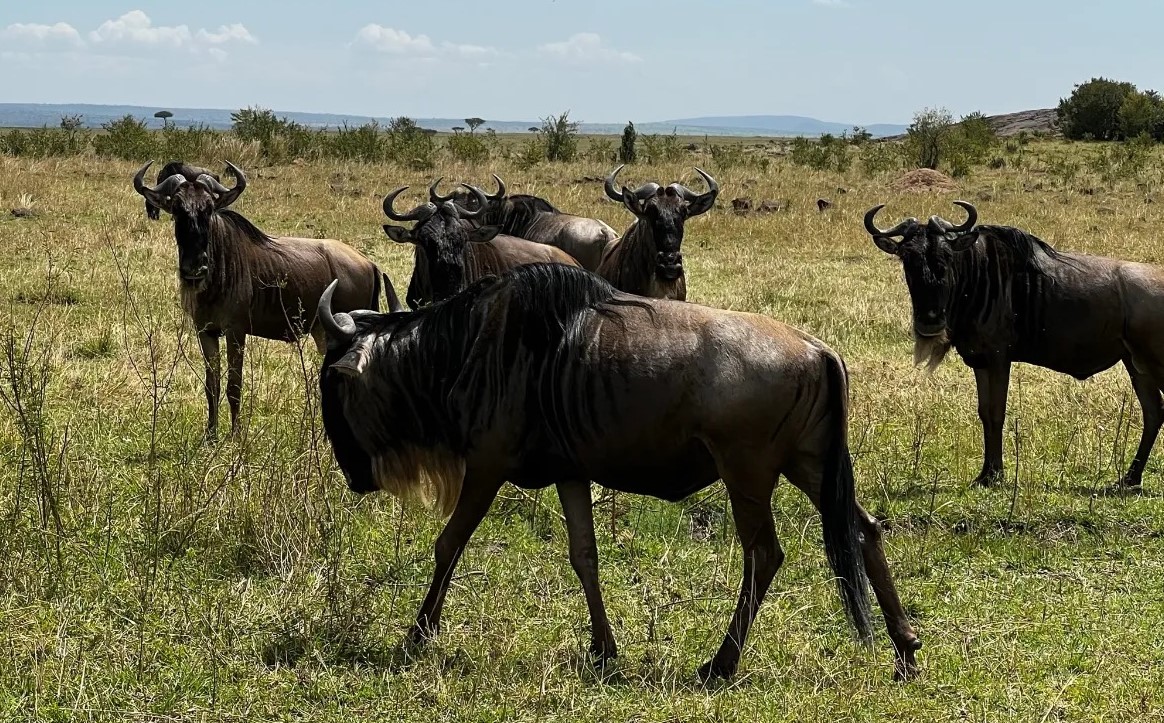New proposal could ease financial pressure on IPPs, lower electricity costs

The committee also proposed that EPRA ensure the ongoing monitoring of fuel usage at the IPPs through smart, tamper-proof fuel consumption meters.
A proposal by a parliamentary committee could potentially release millions of dollars in working capital for thermal Independent Power Producers (IPPs) by lifting the current requirement for them to hold minimum fuel stock levels of Heavy Fuel Oil (HFO).
This move, if adopted, would significantly ease the financial pressure on IPPs and could result in lower electricity costs for consumers.
More To Read
- CSs summoned by MPs over Kenya Power's Sh30 billion debt, high electricity costs
- MPs launch probe into Kenya's controversial Power Purchase Agreements
- Kenya Power spent Sh151.7 billion, including billions on idle power, to guarantee supply – Wandayi
- Conflict of interest: Insider deals and offshore companies behind Kenya’s high energy costs
- Senate moves to unmask power firm owners amid rising electricity costs
- Kenyans pay more for electricity than Tanzania, Ethiopia - Parliamentary Budget Office
At present, IPPs are mandated to maintain a set quantity of fuel to ensure they can generate and dispatch power to the national grid at any time.
This requirement ties up substantial working capital, as the IPPs are obligated to purchase large quantities of HFO to meet the demand, even when it is not immediately needed.
The National Assembly's Departmental Committee on Energy has recommended that the Energy and Petroleum Regulatory Authority (Epra) review this rule, which would allow the IPPs to redirect their funds towards other essential business operations.
The committee, chaired by Mwala MP Vincent Musyoka, argued that by removing this constraint, IPPs would gain more financial flexibility, which could also translate into benefits for consumers.
"The benefits in terms of the release of working capital to be passed on to consumers by potentially lowering capacity charges," reads the report presented to Parliament on November 25, 2024.
The committee also proposed that EPRA ensure the ongoing monitoring of fuel usage at the IPPs through smart, tamper-proof fuel consumption meters.
The committee's recommendation is in response to concerns over the high cost of electricity in Kenya, which has been a longstanding issue for consumers.
Take-or-pay model
One of the committee's key proposals is that the new fuel stock and electricity dispatch regulations be implemented within nine months, in conjunction with a review of the minimum amount of electricity Kenya Power must purchase from the thermal IPPs under the current "take-or-pay" model.
The take-or-pay model requires Kenya Power to buy a set amount of electricity, regardless of demand, which sometimes leads to unnecessary costs.
The MPs are calling for these terms to be reviewed, emphasizing that this could result in lower costs for consumers without compromising the energy supply.
If the proposal is accepted by Parliament, it would mark the first significant regulatory change for thermal IPPs in three years.
In 2016, the Energy Regulatory Commission (ERC), the predecessor to Epra, exempted certain IPPs from the minimum fuel stock requirement due to low demand for thermal power.
IPPs like Gulf Power, Triumph Power, Thika Power, and Iberafrica Power benefited from this exemption.
However, in December 2021, Epra revoked the exemption following a recommendation by the Presidential Taskforce on Power Purchase Agreements, which was established by former President Uhuru Kenyatta.
A subsequent forensic audit by the Auditor-General's office revealed that, during the four years that the exemption was in place, the IPPs saved over $8.3 million (approximately Sh1.07 billion) in working capital.
Top Stories Today
